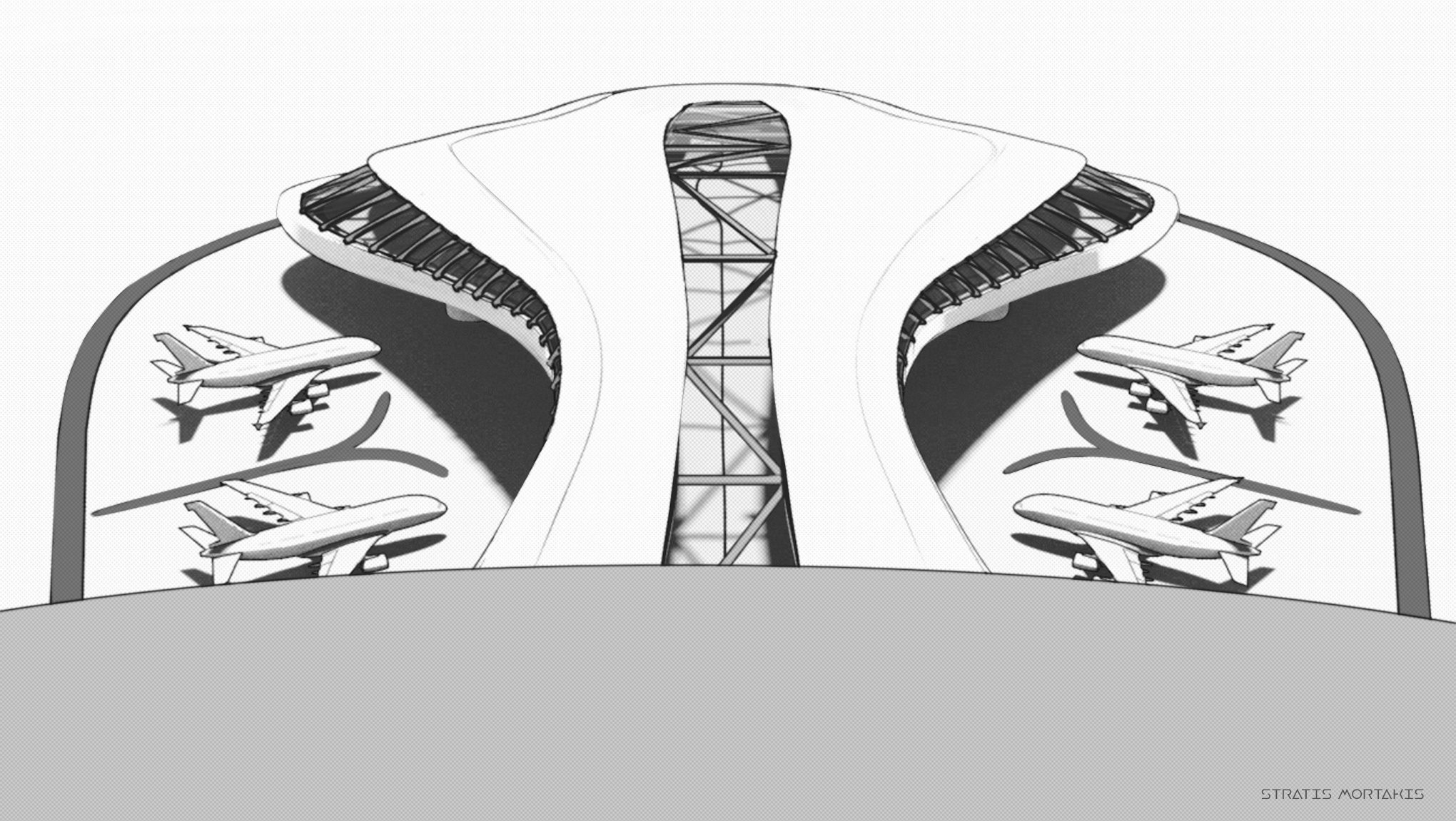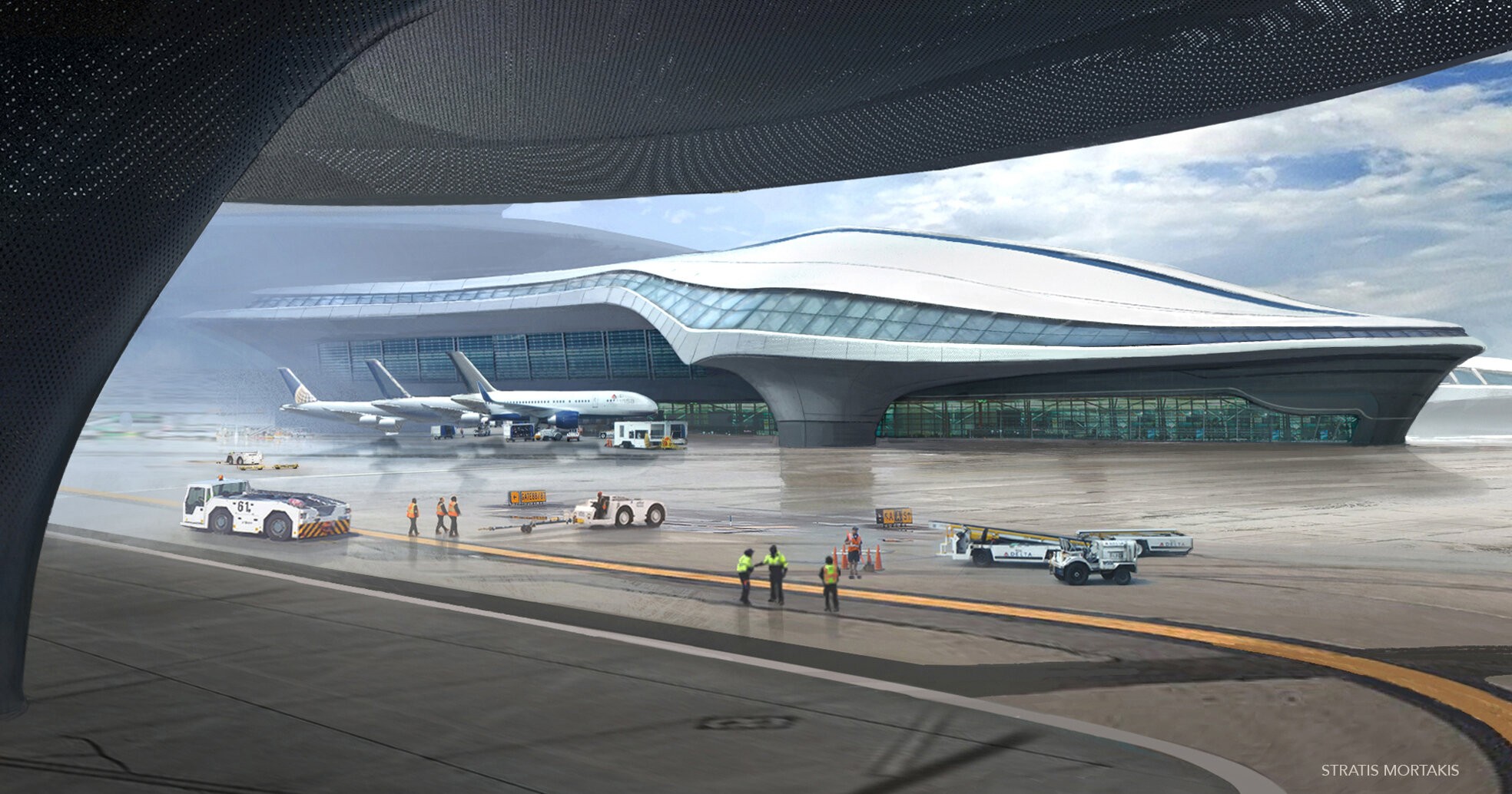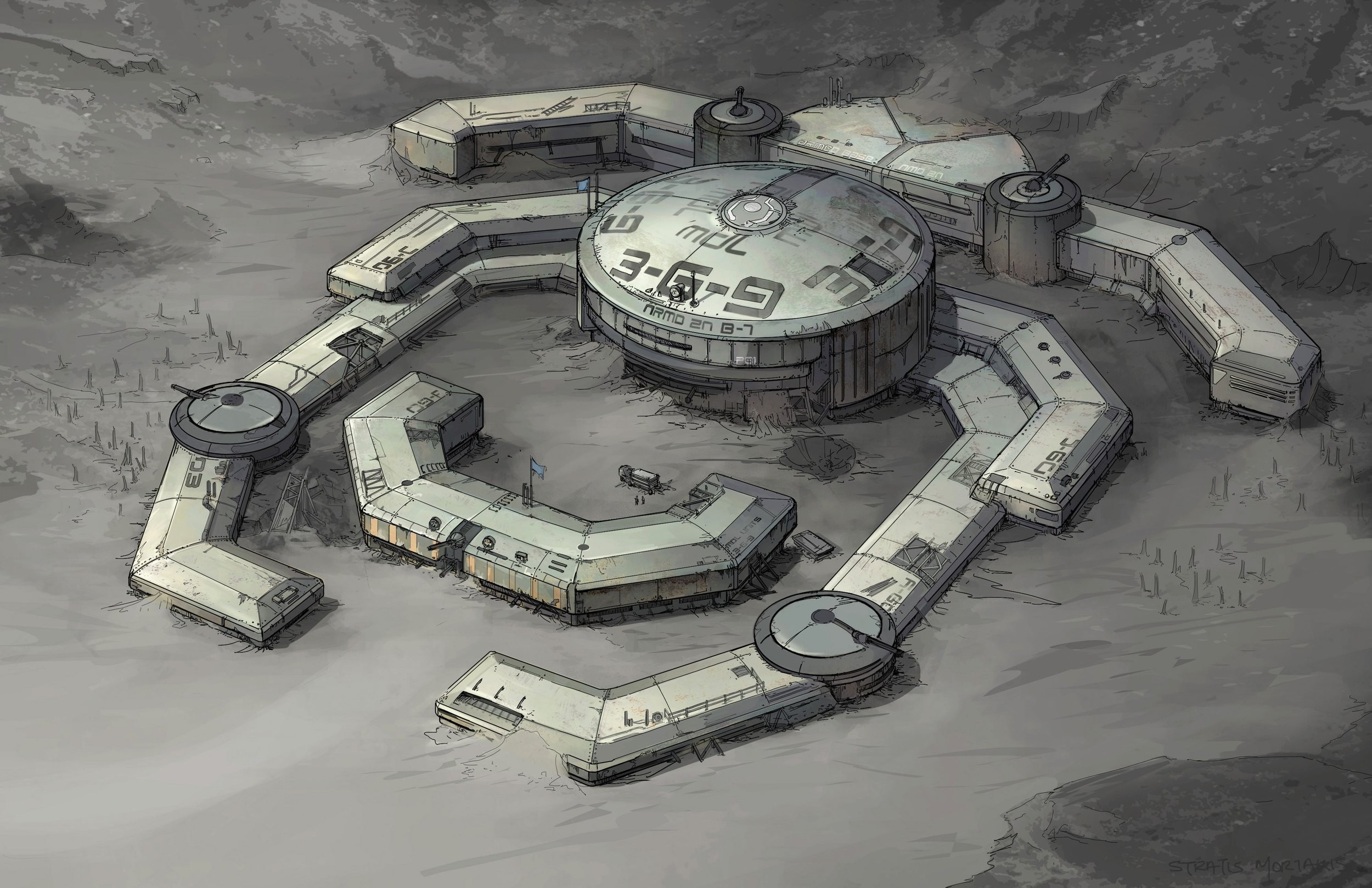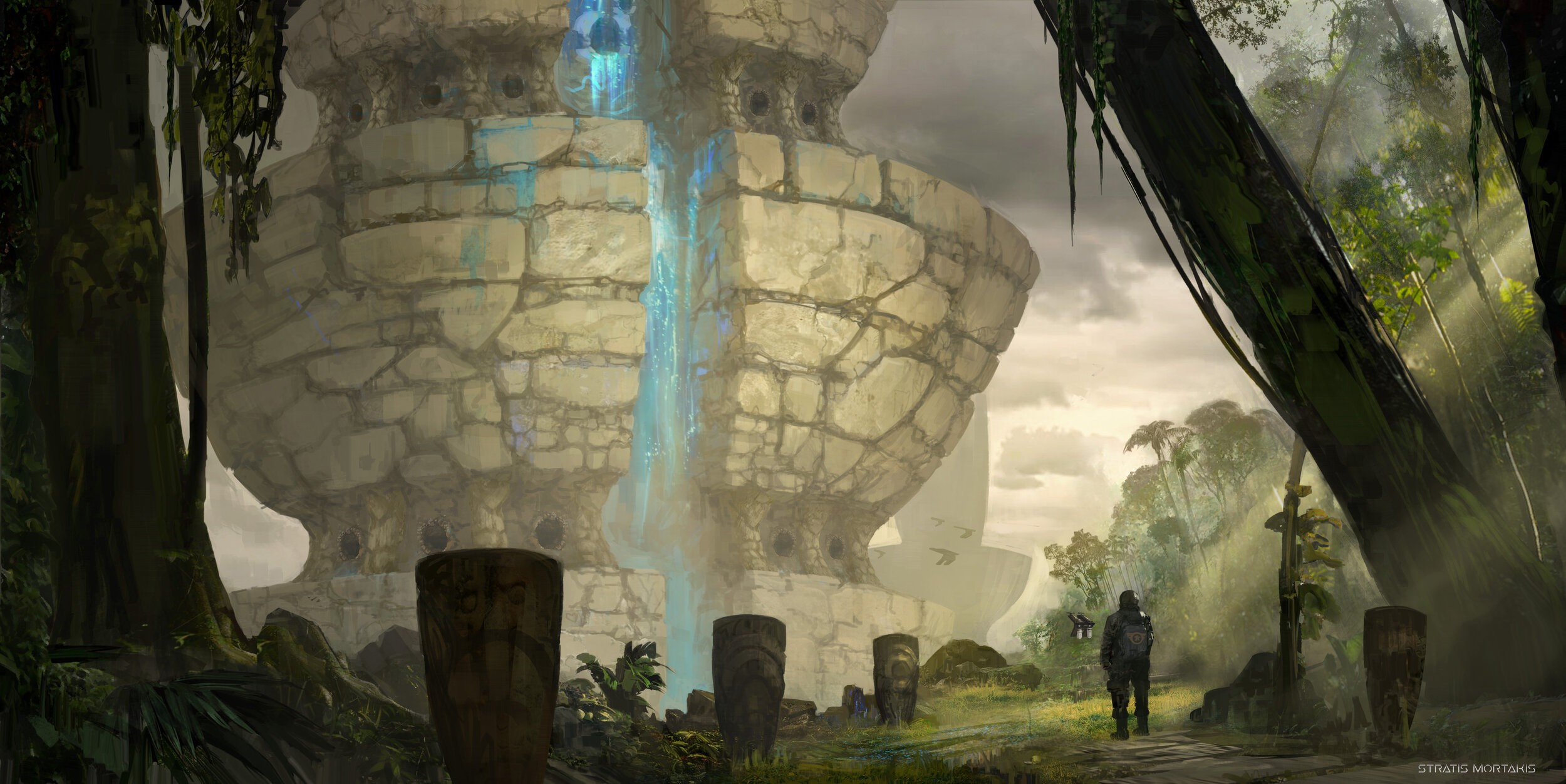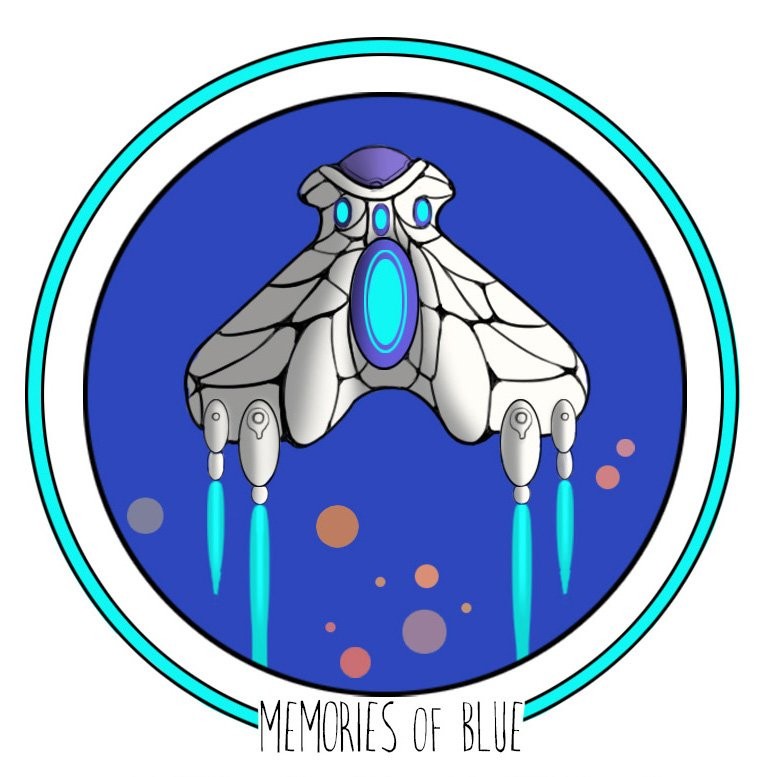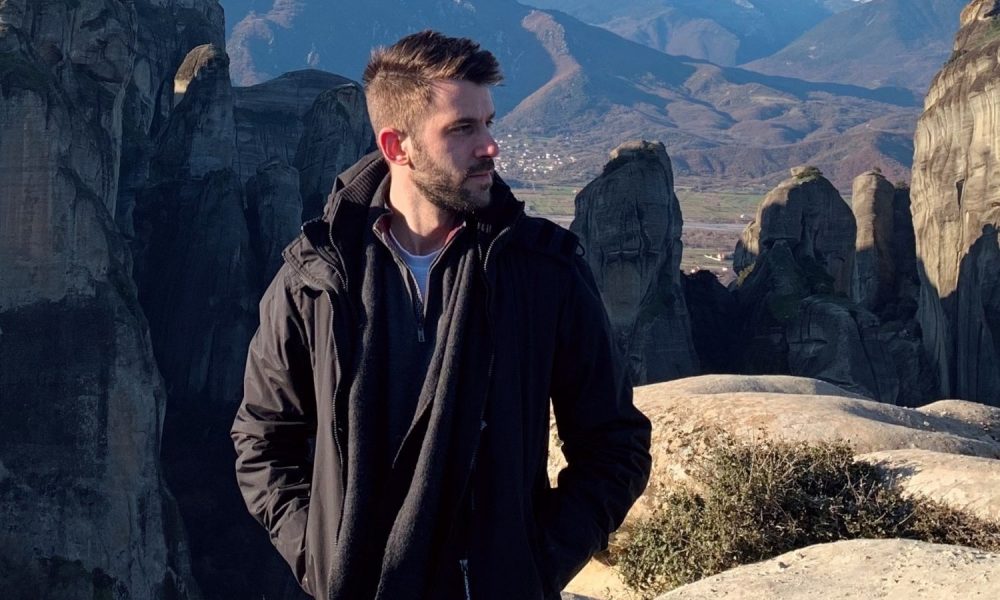

Today we’d like to introduce you to Stratis Mortakis.
Hi Stratis, so excited to have you with us today. What can you tell us about your story?
My life growing up definitely felt carefree and joyful. Most of the memories I have are of me and my friends playing sports outdoors, finding new neighborhood spots to kick a football and later in the evening, going home to play endless rounds of Halo. There was no indication that I would be involved in Design later on in life. I spent plenty of time reading science fiction books and comics without thinking that this is going to impact the career choices I made later on. Looking back I’m glad it was not a linear, predetermined path for me; having plenty of options allowed me to just enjoy whatever I was involved in the moment. The first time I got serious about any creative path for a career was when my sister decided to take some Summer classes on Architectural drafting. I joined her to see what it would be like and ended up enjoying it! I saw Architecture as the embodiment of imaginative ideas and concepts and even though I ended up not pursuing it as a career, it still reflects a lot of my interests and serves as an inspiration. Fast forward to several years later, I am now doing concept design for video games and VR; a creative field that I see as having endless possibilities. The one thing I appreciate the most is how a variety of disciplines, from narrative writing to programming and the visual arts, come together to build imaginary worlds! It’s a unique combination of technical skills and creative ideas!
Would you say it’s been a smooth road, and if not what are some of the biggest challenges you’ve faced along the way?
The Entertainment field is definitely an unstable one for all of us. It has its ups and downs due to the fact that it is technology driven. At the end of the day, videogames are a piece of software, a simulation program that you plug into your personal computer, something that a hundred years ago would have made no sense to try to explain to an everyday person. Most of my struggles, however, as with most artists I would say, are struggles that come from within; the constant need to reinvent yourself to stay relevant, to learn new skills and techniques that can assist you in realizing your imaginative concepts. Even though the future is uncertain, I find its unstable nature to be the most fulfilling aspect of the creative life. As Kafka said: “I am free and that is why I am lost.” The one thing that will probably never change is that the road will never be smooth for artists, now or in the future. What kind of adventure can you have on a smooth road anyway?
Alright, so let’s switch gears a bit and talk business. What should we know about your work?
At the very core of my work is the ability to visualize fictional ideas into designs. Most of the time, that means that I create drawings or images of places that can be made into a videogame environment. There’s a lot of problem-solving involved since it has to be a balance between something that does not exist yet it’s still familiar to the viewer. The projects I work on commercially range from sci-fi videogames to VR architectural experiences. I get hired to design places, architecture and props that exist within these virtual worlds; it combines elements of storytelling with real-world design. My main focus is always problem-solving, which is also what I like to get hired for. Understanding what fits into the narrative of the IP, the story we are trying to convey to the viewer is always the key ingredient to an immersive fantasy story.
Where do you see things going in the next 5-10 years?
Hopefully, it’s going to many places and does not become homogeneous. I think that would be the only real negative scenario. When you have such a wide variety of artists around the world with unique backgrounds and cultural identities, the last thing we’d want to have is telling the same old story! I don’t necessarily feel that radical changes or improvements in technology will provide us with more originality. And I can only say that by looking back at history. Nevertheless, we should be aware of the ever-shifting landscape and try to infuse it with our own interpretations of the world we occupy. The duality of utopia and dystopia never appealed to me. I think we’ve always had both of them making up a synthetic reality of dreams and nightmares.
Contact Info:
- Website: https://www.stratismortakis.com
